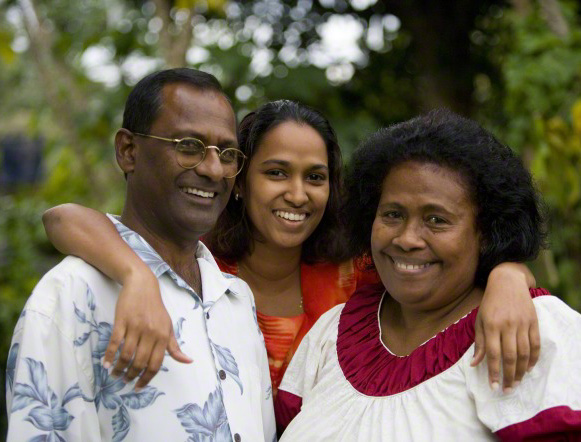Managing Religious & Cultural Diversity in the Pacific – Conference in Samoa

30 April & 1 May 2012 – Law & Religion Conference: Apia, Samoa
Theme: How best to manage religious diversity so as to create an environment that fosters harmonious relationships between different religious and cultural groups, lessens religious and cultural tensions, and recognizes the human right to religion, and religious freedom, within national, local and traditional contexts.
Held at the National University of Samoa. Sponsored by National University of Samoa, Victoria University (New Zealand), International Center for Law and Religion Studies (Utah, USA), UNESCO.
Conference Topics:
- Freedom of religion and fundamental principles of democracy: What is religious freedom? What are the fundamental human rights that church and state both need to protect? Is the principle of separation of church and state something to be valued and pursued?
- The relationship between government and religion: This section will explore the limits of government intrusion into the religious sphere and religion’s intrusion into the government sphere. It will determine the areas of overlap, as well as those areas where one sector has no role in dictating the programs and processes of the other.
- Threats and challenges to religious tolerance: What is fundamentalism and how does it impact detrimentally on both government and religion? How do democratic societies incorporate religious principles without disenfranchising those of the electorate not of the dominant faith?
- The lessons of history with respect to religious tolerance: Many military conflicts often had a religious basis or foundation. What must societies do to foster peace through the encouragement of policies of religious tolerance?
- Ethnicity and religion: In many countries ethnicity and religion are inextricably tied together. What, then, are the values of ethnic tolerance which must be promoted to protect religious freedom but also foster racial harmony and economic prosperity?
- Culture and religion: The dominant culture of a country may be tied to a particular faith. To what extent should culture and religion be intertwined? Are there risks for religious freedom when cultural considerations dominate religious expression? Should faiths be required to adhere to certain cultural expressions to receive the favour of the communities in which they operate.